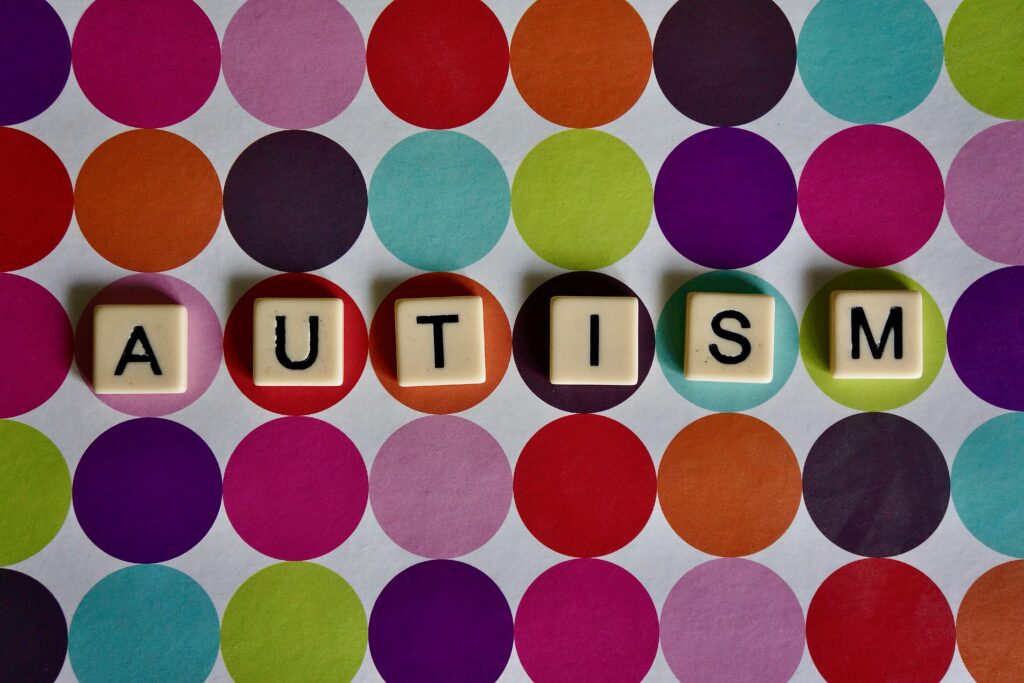One of the goals of this website is to answer some of the questions asked on the subject of autism. It turns out a common question is… can autism make you hear voices?
Autism basics
Autism Spectrum Disorder (ASD) is a neurodevelopmental disorder characterized by difficulties in social interaction, communication, and repetitive behaviors.
While auditory hallucinations, or hearing voices, are not a common symptom of ASD, they can occur in some individuals with the condition.
In this response, we will explore the relationship between autism and hearing voices in more detail.
Autism and hearing voices
To begin, it’s important to understand what hearing voices entails. Auditory hallucinations involve perceiving sounds or voices that are not actually present.
They can take many forms, from hearing a single voice to multiple voices speaking at the same time, and may be perceived as coming from inside or outside the head.
While hearing voices is commonly associated with schizophrenia, it can occur in other conditions as well, including bipolar disorder and major depression.
There is some evidence to suggest that individuals with autism may be at increased risk of experiencing auditory hallucinations.
There has been studies published which indicated an increased risk.
Additionally, the voices reported by those with autism tended to be less threatening than those reported by individuals with schizophrenia, and were often related to repetitive behaviors or sensory experiences.

Why is hearing voices more common with autism
One theory is that it may be related to sensory processing difficulties that are common in the condition.
Individuals with autism may have heightened sensitivity to sensory stimuli, including sounds, which can lead to misperceptions or distortions of auditory information.
Additionally, the repetitive behaviors that are often seen in autism may involve self-talk or vocalisations that can be misinterpreted as external voices.
Is it something to worry about?
It’s also worth noting that while hearing voices can be distressing for some individuals, it may not necessarily be harmful or indicative of a serious mental illness.
Some people may find the experience neutral or even positive, and may use it as a coping mechanism or form of self-expression.
If you or someone you know is experiencing auditory hallucinations, it’s important to seek help from a qualified mental health professional.
Treatment options may include medication, psychotherapy, or a combination of the two.
Additionally, individuals with autism may benefit from sensory integration therapy or other interventions designed to address sensory processing difficulties.
Summary – Can autism make you hear voices
While hearing voices is not a common symptom of autism, it can occur in some individuals with the condition.
The relationship between autism and auditory hallucinations is not fully understood, but it may be related to sensory processing difficulties and repetitive behaviors.
If you are concerned about you or a child hearing voices or any other symptoms, it’s important to seek help from a mental health professional.

